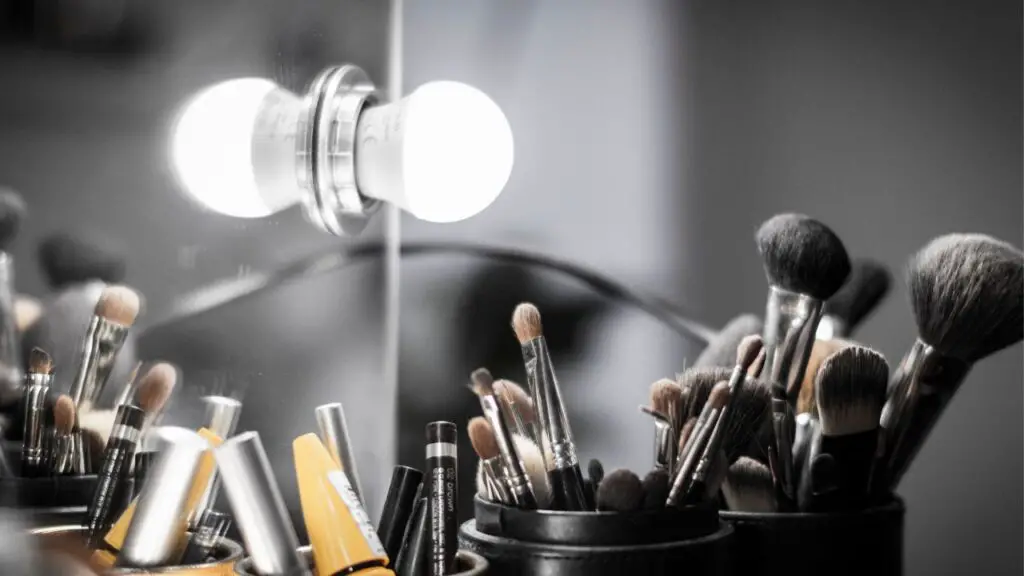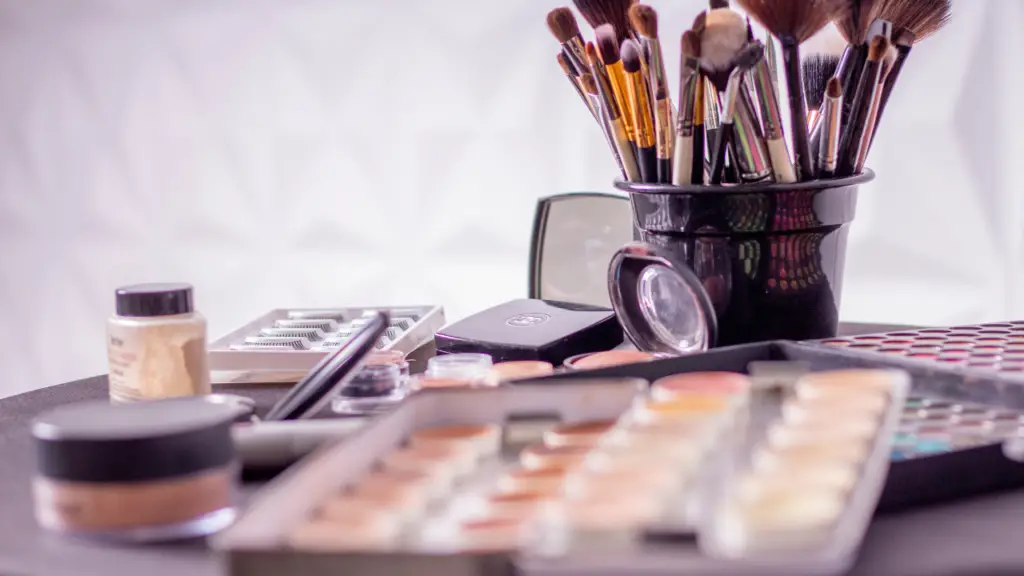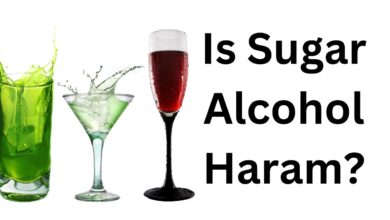Is Makeup Haram in Islam?
Discover the nuances of makeup within Islamic teachings and cultural contexts.

Is Makeup Haram in Islam?

Introduction
In the diverse world of religious practices, Islam holds a special place as one of the major monotheistic faiths, influencing the lives of billions of individuals worldwide. Central to the Islamic way of life are the Five Pillars of Islam, which guide Muslims in their faith and actions. One of these pillars is Salah, the daily ritual prayer. A question that often arises within the Muslim community is whether it is permissible to pray while wearing makeup. This article aims to explore the nuanced perspective on makeup in Islam, examining whether it is considered haram (forbidden) or acceptable to wear while engaging in the act of prayer.
The Concept of Adornment in Islam
Before delving into the question of whether makeup is permissible during prayer, it’s important to understand the broader concept of adornment in Islam. Islam places great emphasis on modesty and humility in appearance, speech, and behavior. This concept is rooted in the belief that individuals should avoid drawing unnecessary attention to themselves and instead direct focus towards their spirituality and inner qualities. Makeup, in this context, can be seen as a form of adornment that has the potential to divert attention from the worship of Allah.
The General Ruling on Makeup in Islam
The permissibility of makeup in Islam is a subject of ongoing scholarly debate. The consensus among Islamic scholars is that makeup is not inherently haram. Women are allowed to enhance their appearance using cosmetics within certain boundaries, so long as it is done in a manner that maintains modesty and avoids excessive ostentation. The principle of moderation is key here, as excessive or flashy makeup can counteract the values of modesty and humility that are central to Islamic teachings.

Makeup and Prayer
When it comes to praying while wearing makeup, opinions vary among Islamic scholars. Some scholars maintain that wearing makeup during prayer is discouraged due to the potential distraction it may cause. The focus during Salah should be on the connection between the worshipper and Allah, and anything that could divert attention away from this spiritual connection should be minimized.
However, other scholars argue that wearing makeup during prayer is not inherently problematic as long as it does not violate the principles of modesty and humility. If the makeup is applied in a way that does not draw excessive attention, and if it does not hinder one’s concentration or devotion during prayer, then it may be considered acceptable.
Individual Interpretation and Cultural Differences
It’s important to acknowledge that the perspective on makeup in Islam can be influenced by individual interpretation and cultural variations. What may be considered modest and appropriate in one cultural context might differ in another. Moreover, personal convictions play a role in how individuals view the use of makeup in their religious practices. Some devout Muslims may choose to avoid makeup altogether during prayer to ensure maximum focus on their devotion, while others might feel comfortable praying with subtle and modest makeup.
Conclusion
The question of whether one can pray with makeup in Islam is complex and multifaceted. While the consensus among scholars is that makeup itself is not inherently haram, the key considerations are modesty, humility, and the avoidance of distraction during the act of worship. The decision to wear makeup during prayer is ultimately a personal one, shaped by individual beliefs, cultural norms, and interpretations of religious teachings.
As with many aspects of religious practice, open dialogue and a respectful understanding of differing viewpoints are crucial. Muslims seeking guidance on this matter are encouraged to consult with knowledgeable scholars, mentors, or religious leaders who can offer insights tailored to their circumstances. In the end, the intention behind one’s actions and the sincerity of their devotion are paramount in the eyes of Allah.
Faqs about Is Makeup Haram in Islam
Is Makeup Haram in Islam?
The answer varies among scholars and interpretations. While some argue that minimal makeup is permissible, others believe it can be excessive and distracting from modesty.
What do Islamic teachings say about makeup?
Islamic teachings emphasize modesty and purity. Some scholars argue that makeup contradicts these principles, while others permit light and natural makeup within certain boundaries.
Can makeup be worn for personal reasons within Islam?
Many scholars permit subtle makeup for enhancing natural beauty within the confines of modesty. It’s important to prioritize intention and not deviate from Islamic values.
Are there specific guidelines for makeup usage in Islam?
Some scholars advise avoiding heavy or flashy makeup that draws attention. Makeup should enhance one’s features modestly and not contradict the overall concept of covering and decency.
What’s the stance on makeup in Islamic cultures?
Different cultures within the Muslim world have varying opinions on makeup. Some view it as part of personal grooming, while others advocate for minimal or no makeup due to religious beliefs.
Is makeup allowed during prayer or religious activities?
During prayer and other religious activities, Muslims are generally encouraged to present themselves in a simple and natural state, avoiding distractions like excessive makeup.
Can married Muslim women wear makeup for their husbands?
There is a diversity of opinions on this matter. Some scholars permit it as a means of enhancing spousal relationships, while others advise modesty even within marital contexts.
How can one balance personal expression and Islamic principles regarding makeup?
Striking a balance involves understanding the intention behind wearing makeup and ensuring it aligns with Islamic values. Moderation and sincerity are key.





